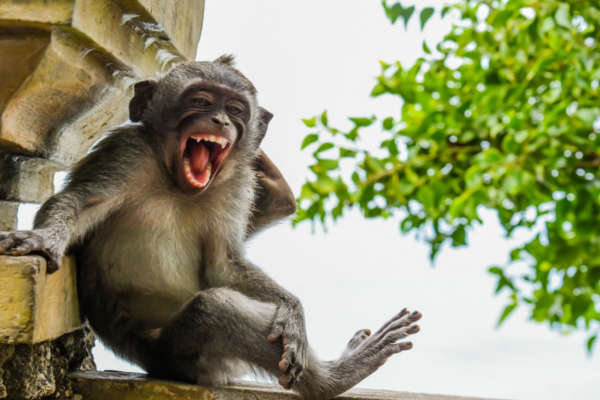Monkeys may be better yodellers than humans, according to a new scientific study.
Researchers in Bolivia found that certain monkeys can switch between high and low sounds much faster than people. This skill, called yodelling, is made easier for them by special throat structures.
The scientists studied monkeys at a sanctuary in South America using sound recordings and computer models. They discovered that monkeys have vocal membranes—tiny flaps in the throat—that help them make quick voice changes. These membranes allow monkeys to create a wide variety of calls.
Humans once had these membranes too, but scientists believe they were lost over time as our speech developed. Professor Tecumseh Fitch, one of the researchers, says humans may have given them up to make our voices more steady for speaking and singing.
The study showed that not all monkeys are equally talented at yodelling. Latin American monkeys had the biggest vocal membranes and were the best performers. Dr. Jacob Dunn, another researcher, thinks these throat structures help monkeys grab attention or identify themselves to others in the wild.













